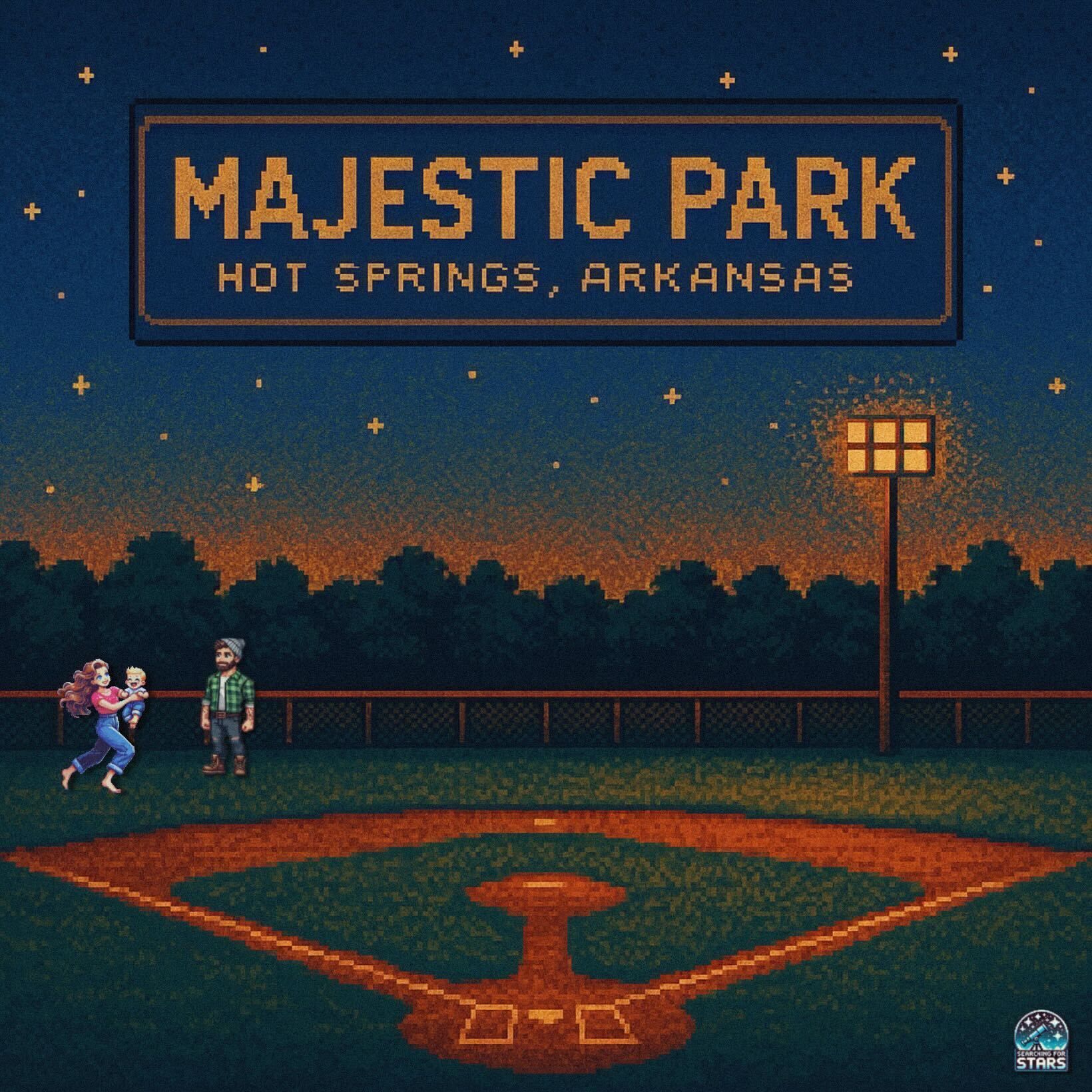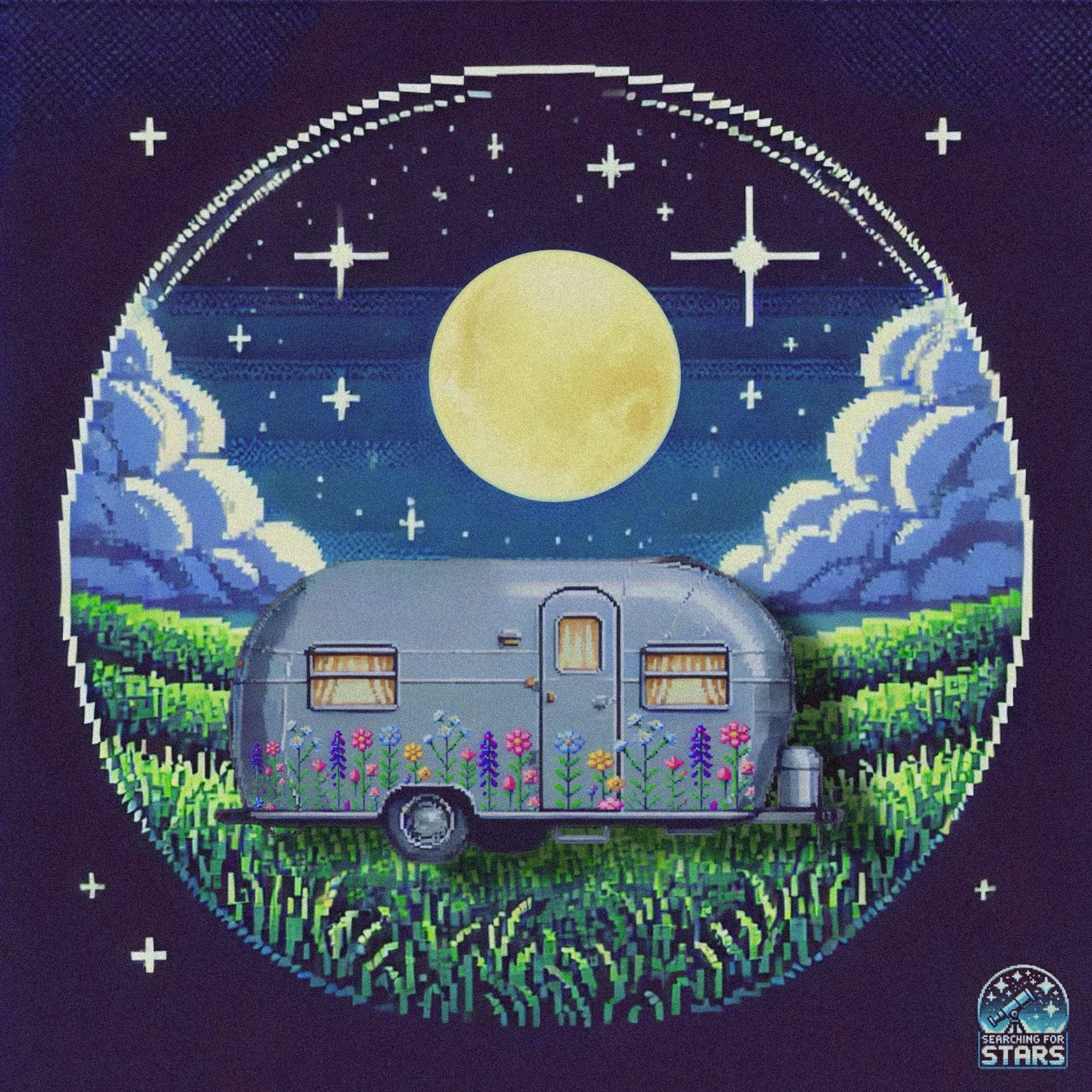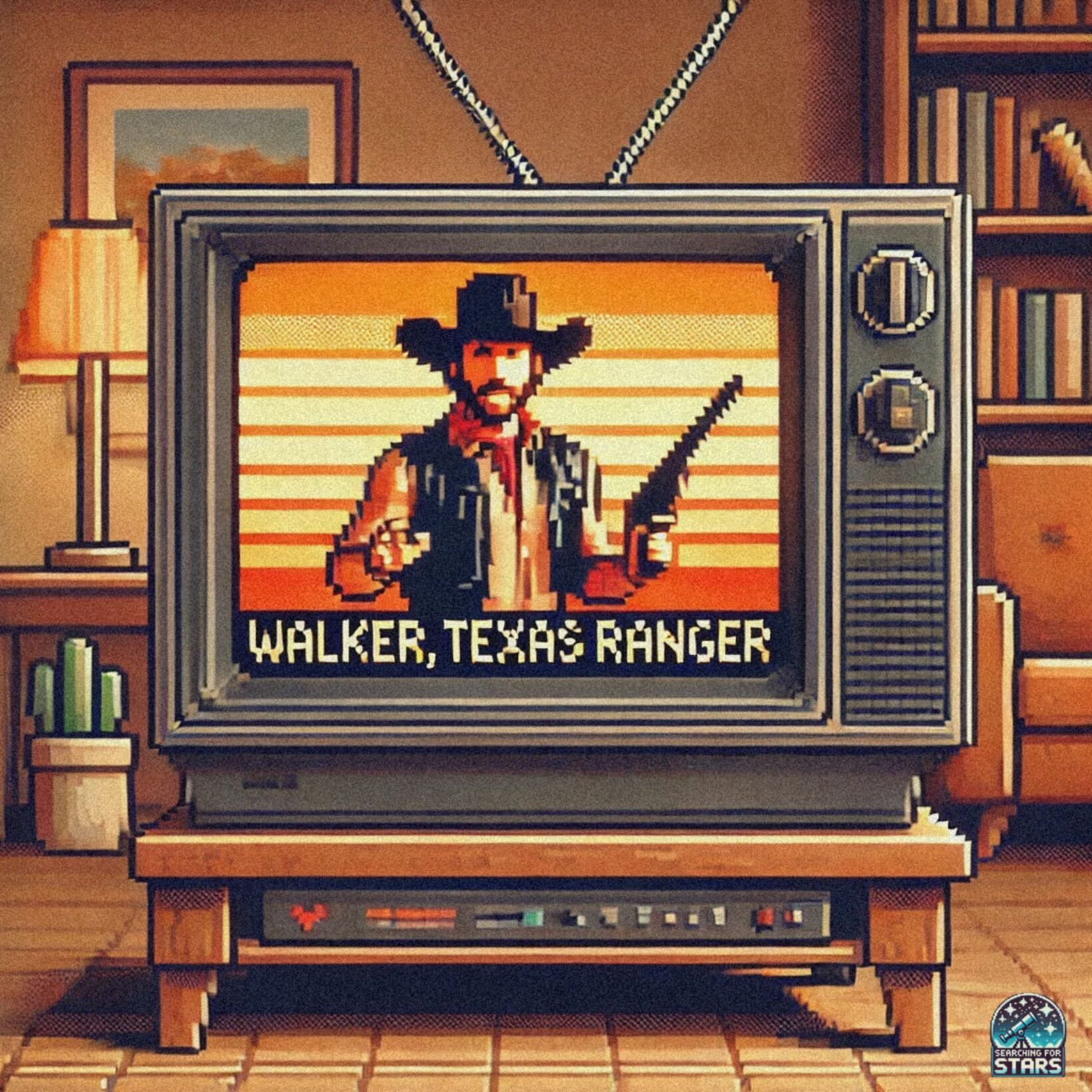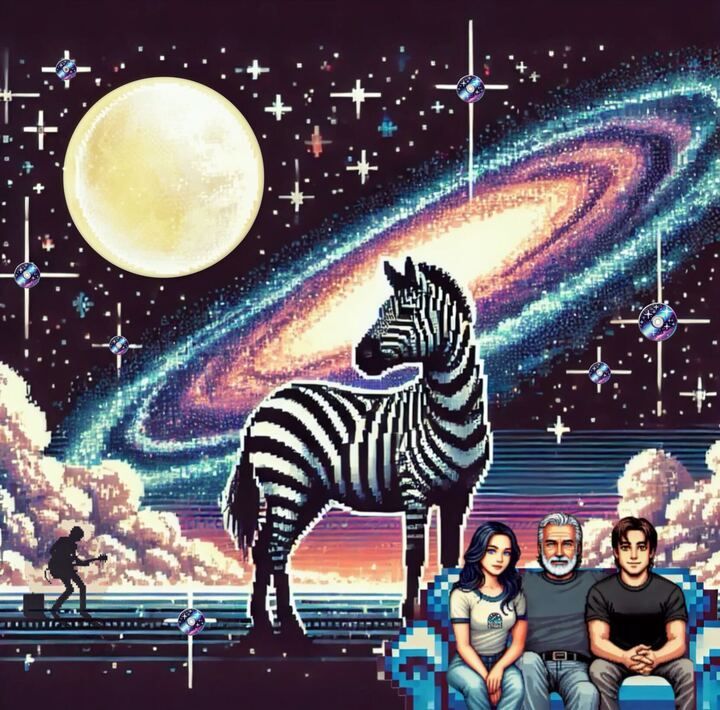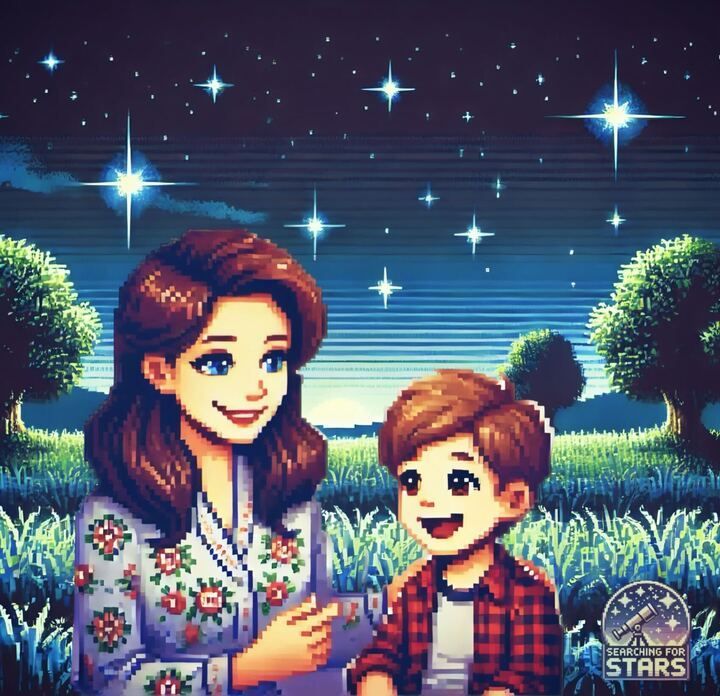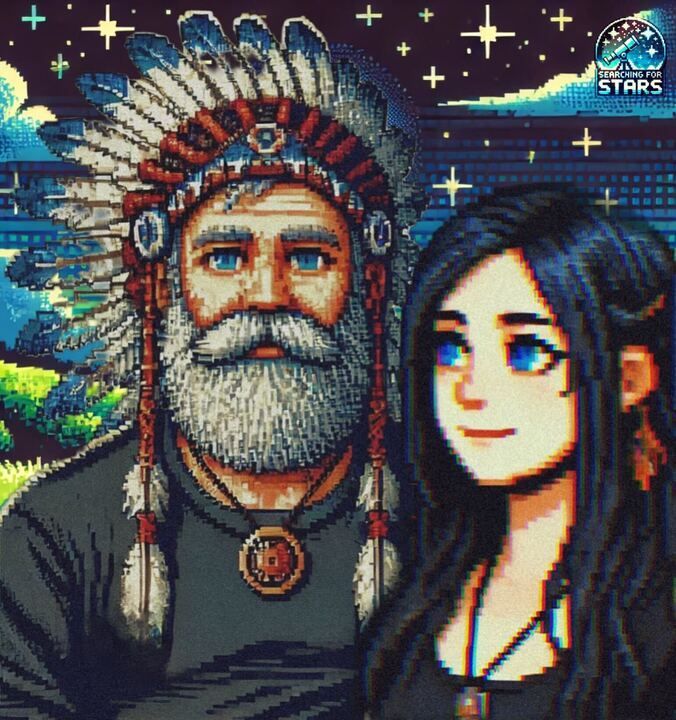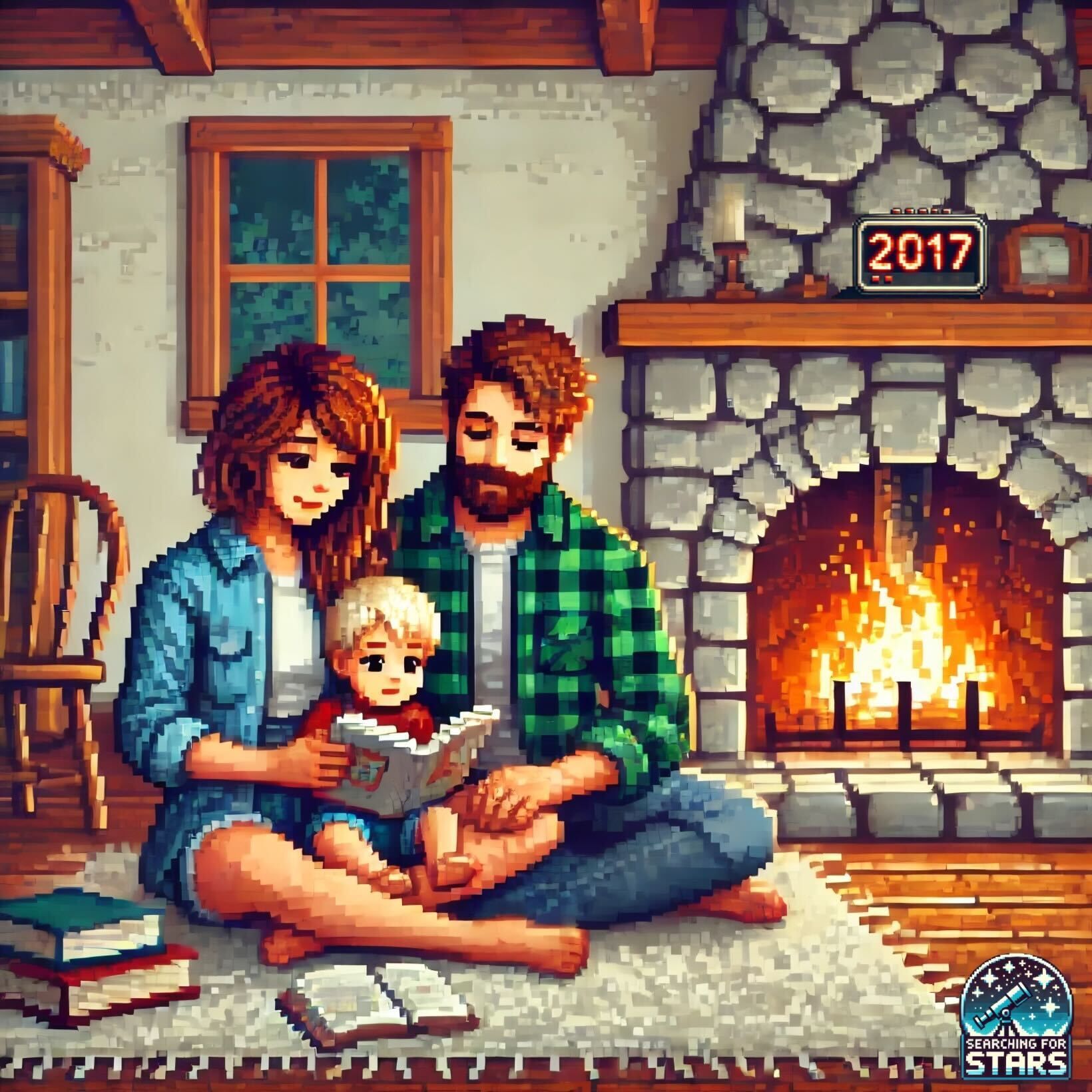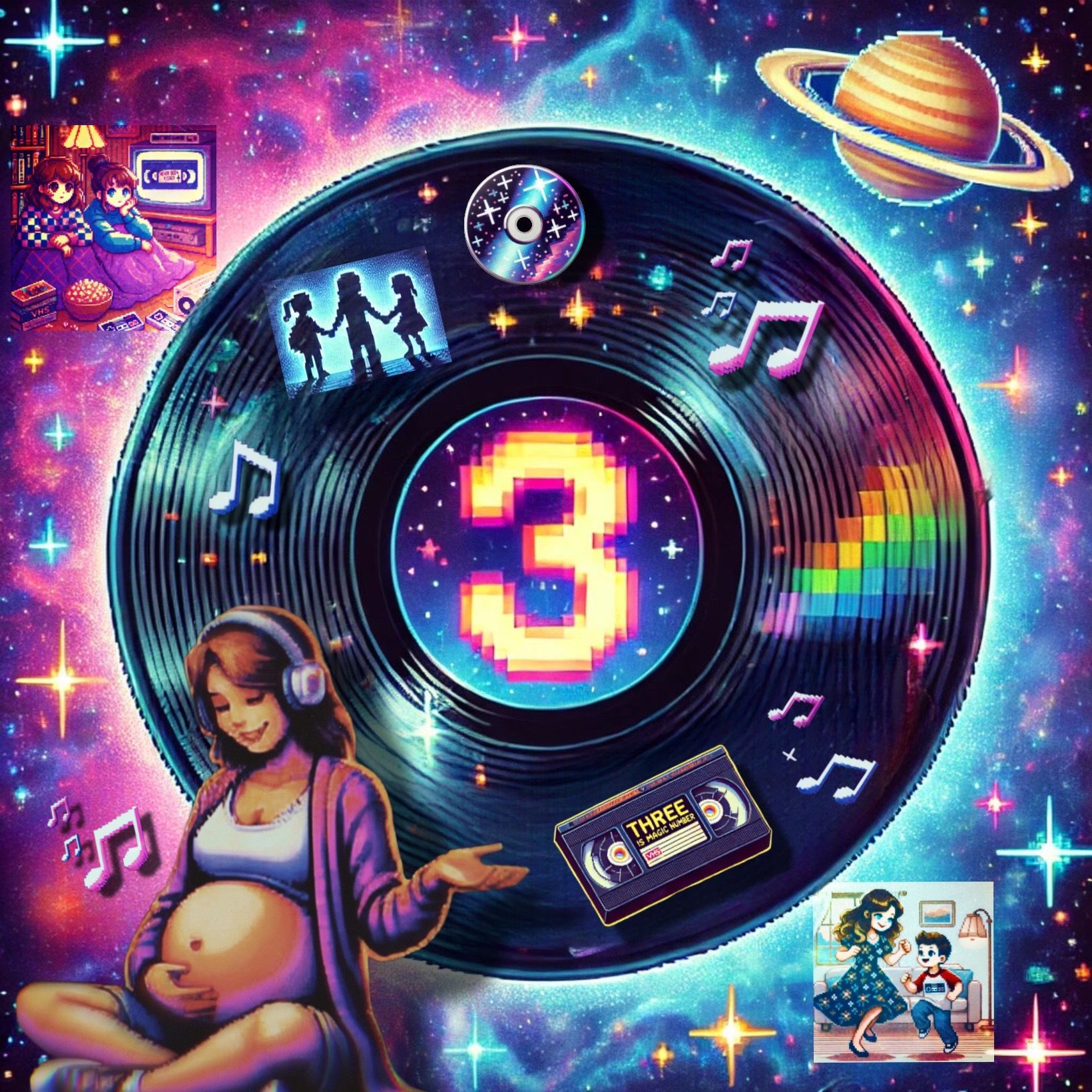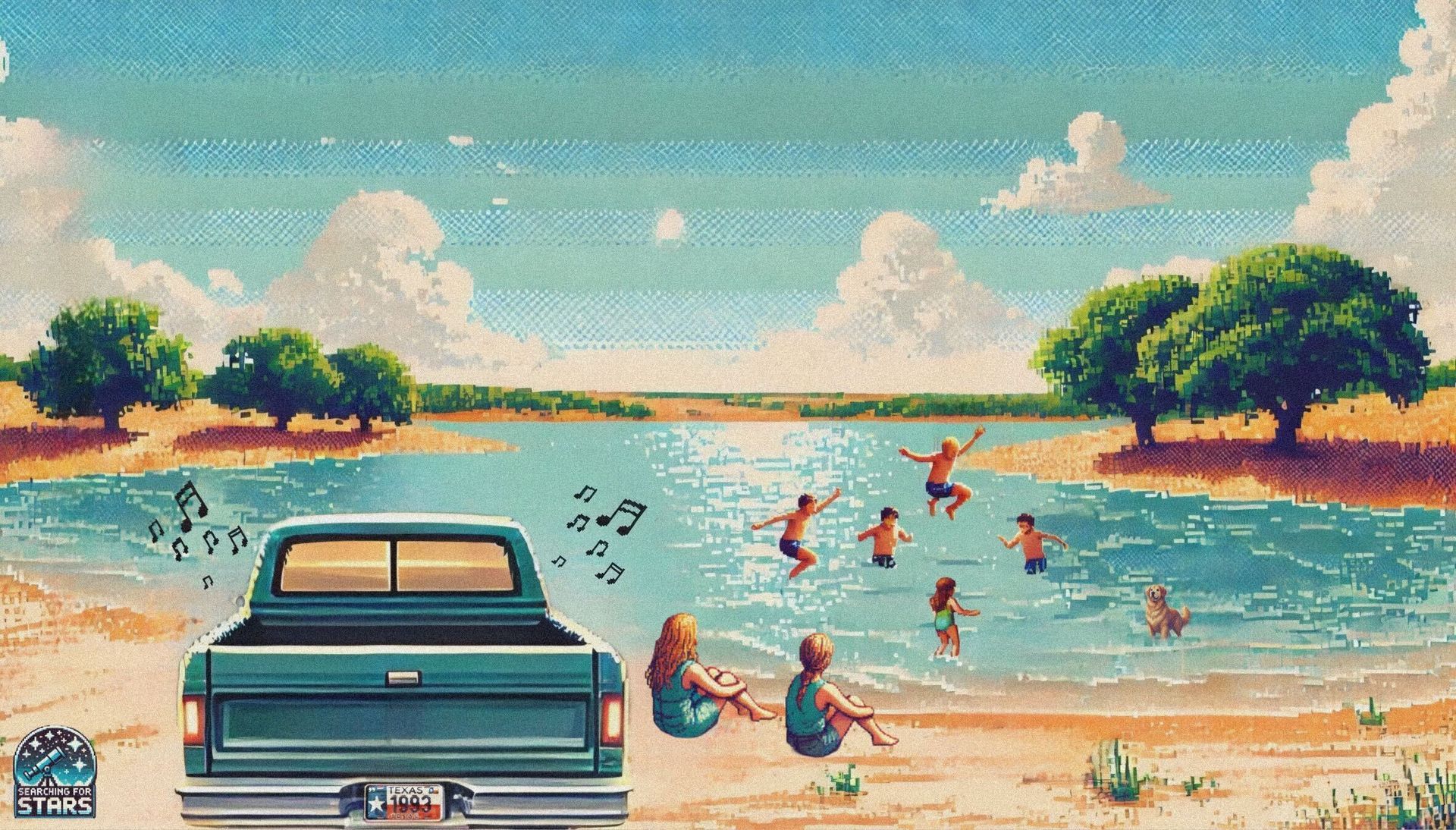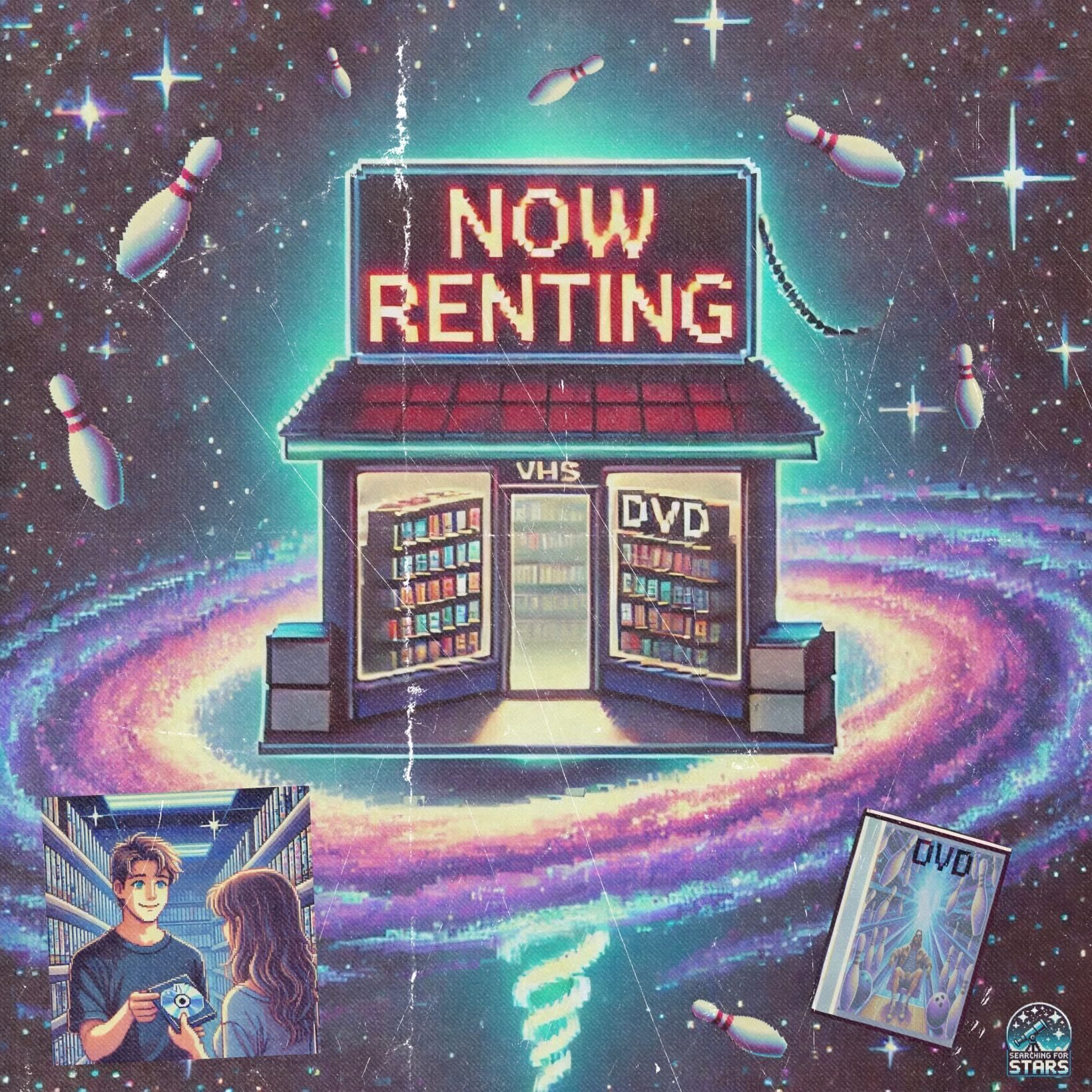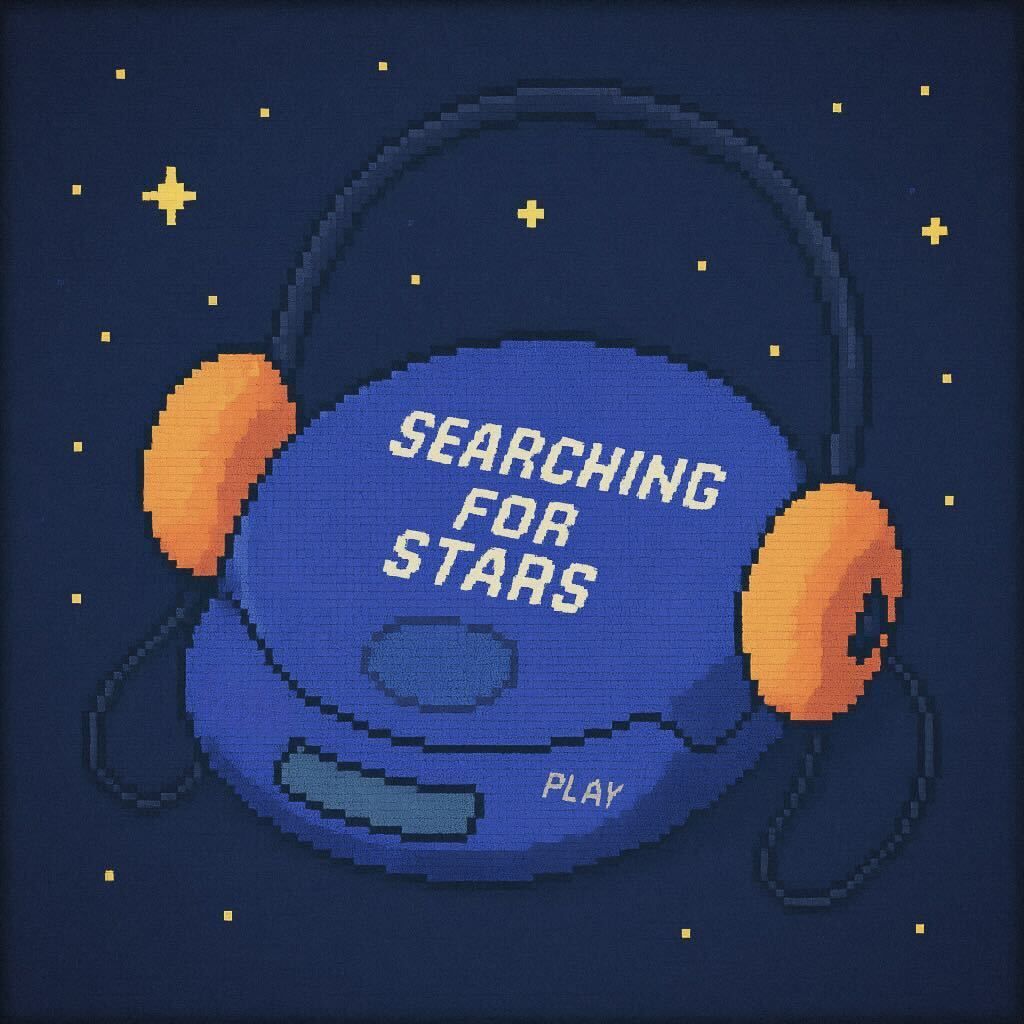Still Running the Bases Somewhere in the Light
The Drifters: There Goes My Baby
Ray Charles: America The Beautiful
Film: The Sandlot
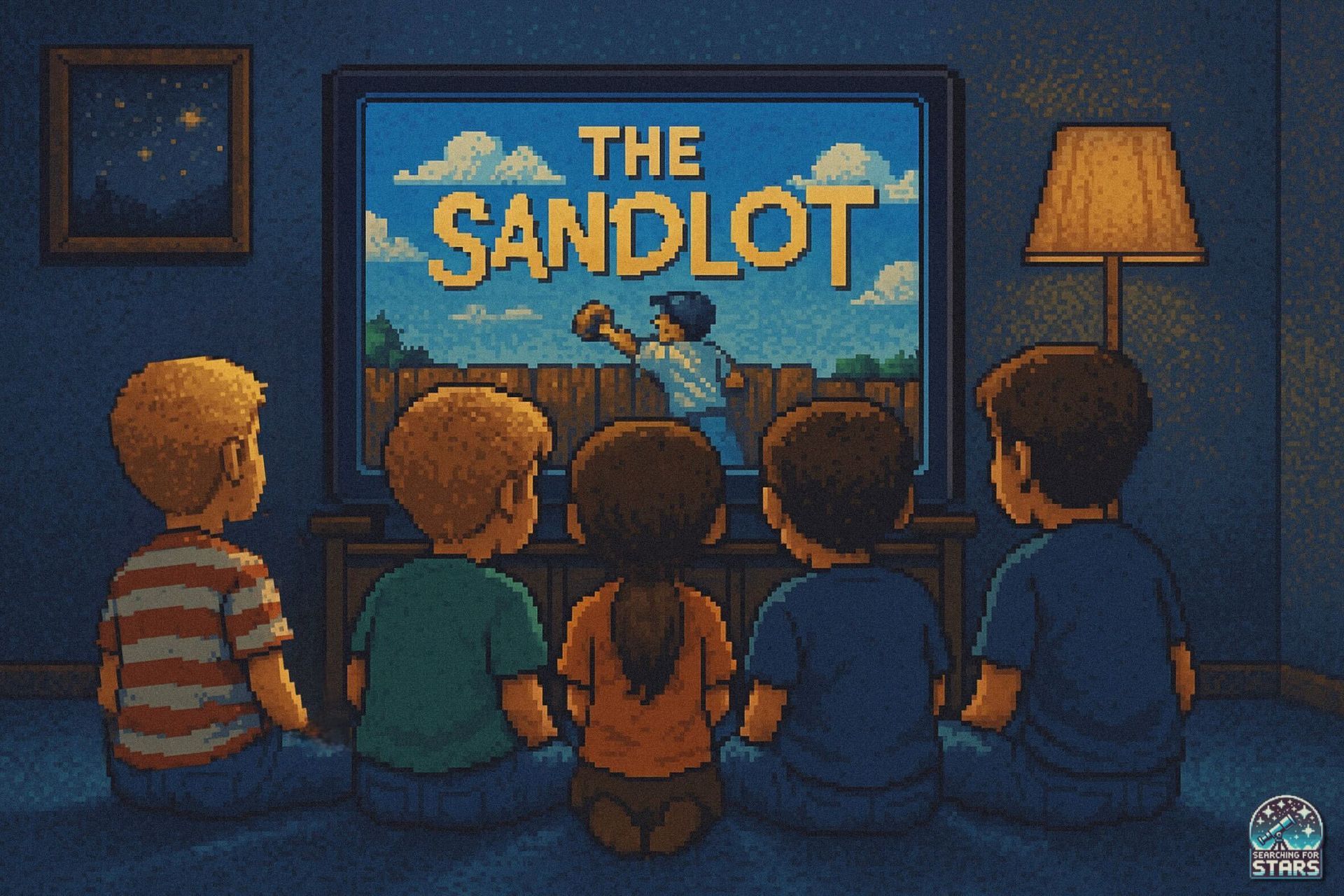
Audio Book Style
Still Running the Bases Somewhere in the Light
We must’ve watched The Sandlot a hundred times that summer. Maybe more.
The first time, though—the one I always go back to—it was me, Billy, Tommy, Bobby, and Trey, packed into the living room, somewhere between their house and ours. I want to say it was Margaret’s copy, a well-worn VHS with that kind of magic where the tracking lines just became part of the story.
We watched it on a soft afternoon that turned gold as it went on, the way only childhood days can.
James Earl Jones shows up near the end—that deep voice, that presence like something sacred. It felt a little different once I realized he was the same man from Field of Dreams. That was the movie that made me want to be a writer. I saw it before The Sandlot, and when he said, “People will come, Ray,” I believed it—not just about baseball, but about words. That stories could bring people together, could hold whole lives inside them. So when he appeared again in The Sandlot, it felt like a kind of full circle moment. Like he was somehow the guardian of baseball dreams.
We were all baseball kids. Not all just organized-league kids, but real baseball kids—scraped-up and sunburned, eating freeze pops and sharing gloves, playing until our parents called us in or the sky turned lavender.
My mom used to gather us up when we got bored—walking the neighborhood, calling out, “Hey, y’all wanna come play ball?” Somehow, it always worked.
Billy and Tommy were there from the beginning of my life. Margaret’s twins. Identical—so much so that most people couldn’t tell them apart.
But we could.
Tommy had this softness in his eyes, a gentle kindness. Billy had a spark—the kind that made you smile just by being near him.
They were like brothers to me.
There were others too—Chris, David, Brian, Trey, and often more. I was the tag-along little girl, always on the edge of the huddle… and somehow never really on the outside.
So many of our memories live at the baseball field.
The low hum of summer—dust in our lungs, grass stains on our knees, time moving in long loops.
Back then, it felt like it would never end.
But of course, it did.
I can’t remember the first time I had a s’more.
But after The Sandlot, it felt like they were always part of summer—sticky fingers, smoky firelight, marshmallows puffed just past perfect.
That scene didn’t teach us how to make one. It just reminded us how good it was to be a kid when everything simple felt sacred.
Billy had heart surgery when we were younger—holes in his heart.
I don’t exactly remember the year but I remember my mom, Bobby, and I going to Houston with them, staying with my aunt while Billy was in the children’s hospital.
It’s strange what sticks. The worry in the grownups’ voices. The way the hospital lobby smelled.
But mostly I remember Tommy—sitting quiet beside me, like we both knew the world wasn’t always going to be kind, even if we didn’t have the words yet.
He was gentle like that.
Not soft in the way people mean when they’re trying to say someone was weak—no. Tommy had a quiet strength.
He was the kind of kid who’d notice if you were left out. The kind who wouldn’t make a big show of helping you—just… be there.
He was fourteen when he died.
It was the night before Mother’s Day. Margaret was about six months pregnant with her fourth child (a beautiful baby girl). Billy had gone to live in Hilltop with his dad by then, and Tommy was staying in town with Margaret and her new husband Bob.
That night, he was out walking with a friend when a drunk driver—speeding, reckless, blind to the world—crashed into him.
Just didn’t see him.
And just like that, he was gone.
I remember the knock at the door like it happened this morning.
It was midnight.
My Dad answered the door. Mrs. Traylor stood on our porch—frantic, breathless.
She had taught both my mom and dad in high school. A constant in our lives long before my brother or I ever sat in her classroom.
“Liz, you’ve got to get yourself together,” she said. “Margaret needs you. There’s been an accident. They think Billy’s dead.”
It felt like the world cracked in two.
We were all screaming, crying—panicked in that way where your body knows more than your mind.
We’d already lost Travis to cancer. But this was different. This was sudden. Brutal. No time to brace.
And then came the truth, in the slow, cruel way it always does.
It wasn’t Billy.
It was Tommy.
It didn’t bring relief.
It didn’t ease the panic or soften the grief.
It wasn’t relief—it was a different kind of devastation, no lighter, no easier to carry.
Because when you love them both—when they’re both yours—there’s no “better” version of the news.
It was devastating.
And none of us were ever the same.
Sometimes I think about those long afternoons at the park.
That 4th of July scene—the fireworks, the boys playing under light and stars while Ray Charles sang—felt like a memory even the first time I saw it.
We had nights like that too. Maybe not as perfect. Most often the fireworks were over Mirror Lake in Hilltop. But close enough to feel like magic.
The baseball field was just a part of our neighborhood—open space and the sound of baseballs cracking off bats.
Grass under our bare feet. Dirt under our fingernails. Moms gathered nearby, lawn chairs spread out, music pouring from the stereo of someone’s car.
Margaret—kind, fun, always a steady example of love.
Becky, bringing some kind of magic wherever she went—homemade peanut butter fudge at Christmas, Mickey Mouse pancakes on sleepy mornings, wrapping paper made from comics.
She was like a real-life Pinterest board before Pinterest ever existed.
And the boys—Billy, Bobby, Trey, Chris, David, Brian.
And Tommy.
We were all out there, some version of The Sandlot crew, just living it.
And even though I was the little one, the tag-along, they made space for me.
Not because they had to—because they wanted to.
(Or at least, that’s what I like to believe.)
We didn’t know we were making memories we’d carry for the rest of our lives.
We just thought we were playing.
When I think of Tommy now, I don’t usually think of the accident.
I think mostly of him skipping rocks in Hilltop, at Lake Tonkawa—his eyes soft with that quiet kindness he always carried.
I think of him sitting next to me on the floor the first time we watched The Sandlot, the glow of the TV lighting up a room full of kids who didn’t yet know how fragile life could be.
“There goes my baby…”
Not just a love song.
A memory song.
A goodbye song.
It rises like a summer night breeze, full of everything we felt and everything we lost.
It’s what I hear when I remember the way time moved back then—slow and sweet, until suddenly it wasn’t.
The Drifters had this way of making a song feel like a memory. Like something your mom might’ve slow-danced to as a teen, or something you’d hear playing faintly from the kitchen radio while she made dinner.
When “There Goes My Baby” plays now, it’s about all the days we didn’t know we were living in gold.
Tommy was one of the best parts of those days.
And he always will be.
Sometimes I wonder if people really understand what it means to grow up with a whole crew like that—a tangle of boys and moms and park days and late-night movies.
We didn’t just know each other; we belonged to each other.
And when someone like Tommy is taken, it doesn’t end there.
You carry them.
Not just in grief, but in the way you remember, in the way you tell stories, in the way you show up for the people you love.
He’s still with me.
In every summer dusk that feels just a little too quiet.
In every memory that smells like sunscreen and hot Texas heat.
In the twins I see now and still do a double take.
In every time The Sandlot plays and I swear I can hear us laughing in the background.
It’s funny—when you’re a kid, you think the people you grow up with are going to be there forever.
And in some ways… they are.
Tommy’s part of the field.
Part of the lake.
Part of the song that plays in my head when I remember some of the best days I ever had.
“There goes my baby…”
It’s not the end of the story.
Just the echo of a boy we loved, still running the bases somewhere in the light.
Sometimes, when The Sandlot comes on, I have to stop what I’m doing.
Just sit. Just watch.
It’s more than a movie to me—it’s a time capsule.
A story stitched with all the little pieces of my own.
Billy and Tommy. Bobby and Trey. Chris, David, Brian. Becky and Margaret. My mom. All of us.
It plays, and suddenly I’m back on that old park field—music drifting from a car stereo (probably Foreigner), summer spilling over everything.
And for a little while, we’re all still there—laughing, running, living like it would never end.
And yet it does.
There’s this strange, beautiful thing about time: Babe Ruth floats through The Sandlot like a ghost—stories about him, dreams of becoming like him. I used to think of him as a faraway legend, all black-and-white photos and myth. But years later, we ended up in Hot Springs, Arkansas, the same town where Babe Ruth once trained.
We lived there for about ten years. Two of our babies—Jaxon and Maggie—were born there. We used to take them to Majestic Park, this field where Babe Ruth himself once played. That’s where Bobby plays now, part of a group of grown-ups who just love the game and still get out there. Not professionals. Just people who understand that something magic happens when you step onto a baseball field. Because the game never really left us.
Maybe that’s how we hold on.
You see, the thing is—just like in that movie, just like in our lives—the boys don’t stay boys forever.
But the summer does.
That’s how stories live on—not necessarily in stadiums or statues, but in summer dust and backyard games, beautiful memories and quiet boys who never made it home.
We look up, and maybe we don’t always see the stars at first.
But they’re there, always returning to light the field for another game.
